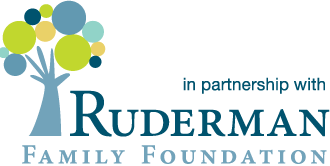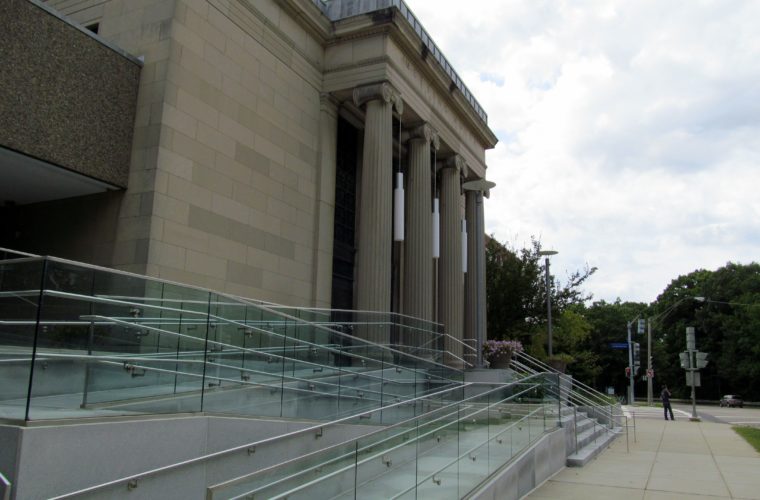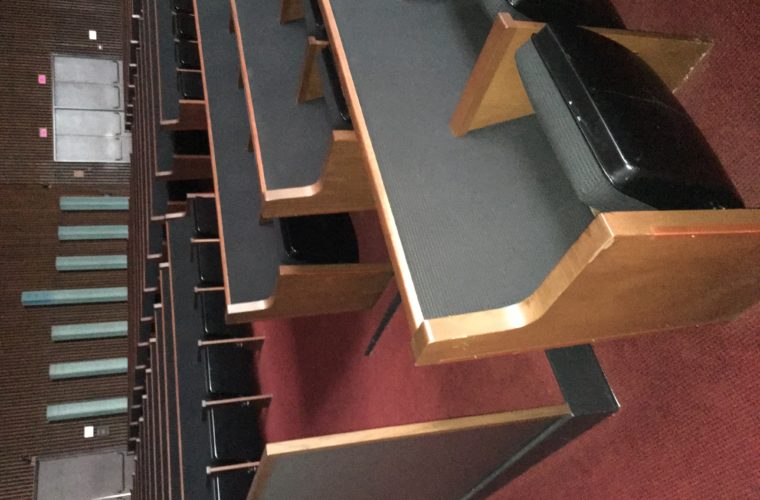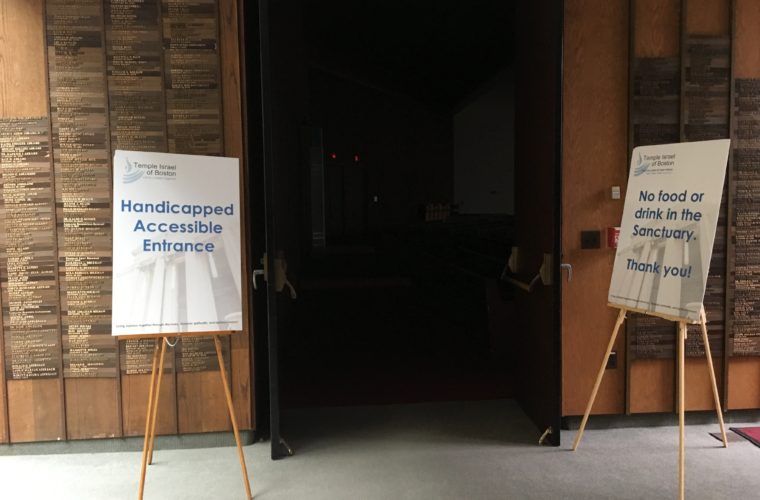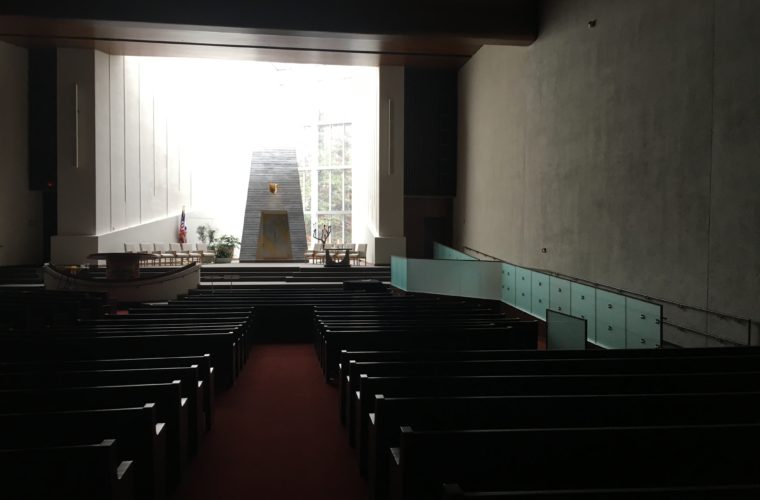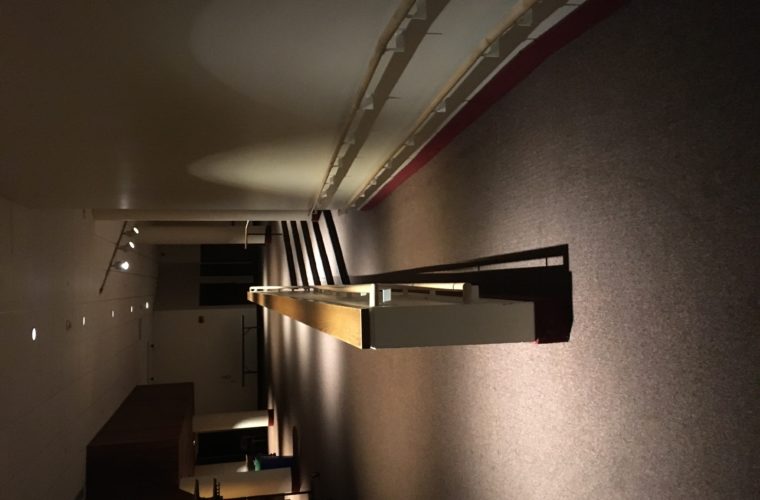Areas of Inclusion: Adults in Communal Life, Advocacy & Community Partnerships, Architectural & Physical Accommodations and Transportation, Autism, B’nai Mitzvah, Blindness, Deafness, Early Childhood Education, General Inclusion, Mental Health, Parents of Children with Disabilities, Religious School, Technology, Worship, and Youth Group, High School, and College Programming
About the Congregation
477 Longwood Avenue
Boston, MA 02215
Number of Congregants: 1400
Contact Information
Rabbi Jen Gubitz
Inclusion Programming
Does this congregation have an inclusion committee?
Yes
Developing Our Program
Congregants and clergy recognized there was a need, so the committee was then created.
Number of people involved in the effort: 10
Involving People with Disabilities
Individuals with disabilities were consulted during the development of this committee.
Funding This Effort
We funded this effort through a grant and resources from our synagogue’s education department.
Helpful Agencies & Organizations
We consulted the Ruderman Family Foundation via CJP. They provided us with an inclusion plan and terrific inclusion resources that coincided with what individuals with disabilities were looking for. Temple Israel is also beyond privileged to have accessibility expert, Matan Koch, as part of our very own community. He has been an unbelievable resource, both in person and through his many publications about the subject.
Spreading Awareness About Our Work
So far, we have made others aware of this initiative by word of mouth. We are working towards adding additional information to our website, putting on different programing about the subject, and simply having a congregation wide discussion about the subject.
Process & Sharing
Marketing Documents Indicating Our Commitment to Inclusion
- screen shot 20171130 at 10.43.22 am
- screen shot 20171130 at 10.37.01 am
- screen shot 20171127 at 10.39.26 am
History, Materials & Processes that Guided Our Approach
We think it is important to include those that are benefitting from enhanced inclusion in each and every conversation, not just clergy and certain lay-leaders.
Evidence of Successful Inclusion Efforts
At Temple Israel we strive towards being the most inclusive space as possible. In the sanctuary, we have elevated open spaces for wheelchairs, and seats next to make sure that we aren’t causing isolation. This can be seen in one of the images attached. We have elevators and ramps that allow for people with disabilities to enter every prayer and social space in the building. This creates inclusion as well as independence for folks. We have a lot of congregants with weakened vision, so we make sure to both large print Siddurim and Machzorim available on Shabbat and the High Holy Days. We offer headsets for people that are hard of hearing as well, and each week we print out the Friday night sermon and cue sheet for deaf congregants as well. Lastly, we have two individuals in our Adult B’nei mitzvah program that were unable to become B’nei Mitzvot in their adolescence because of learning disabilities. We are accommodating them both, and decades later they are fulfilling this mitzvot here at Temple Israel.
Evidence of Changing Attitudes
It seems that people are becoming more aware of how much of a difference it makes to adopt these different policies of inclusion to our fellow congregants with disabilities. In the Adult B’nei Mitzvah course, fellow students were unaware that people with learning disabilities are often turned away from becoming a Bar or Bat Mitzvah because of accommodations that may be needed.
How We're Using and Sharing the Disabilities Inclusion Learning Center
We will bring these resources to their attention by including them in all staff presentations. We will also share the stories of inclusion at Temple Israel that I mentioned below, for them to hear about who is benefitting by adopting these different programs.
Future Inclusion Efforts
Some further inclusion efforts that we are working towards adopting include: identifying food service options that accommodate severe food allergies, implementing a “Special Table for Food Sensitive Options” at Shabbat, evaluating current PR materials for Temple Israel to determine areas of improvement, updating our website, hold a congregation-wide conversation about accessibility, with congregants sharing their personal stories of experiencing exclusion and lack of access, and from there, determine small group affinity cohorts for further conversations, hold a speaker and facilitated conversation in honor of Jewish Disability month, and have a film showing from REEL Abilities and Facilitated conversation.

